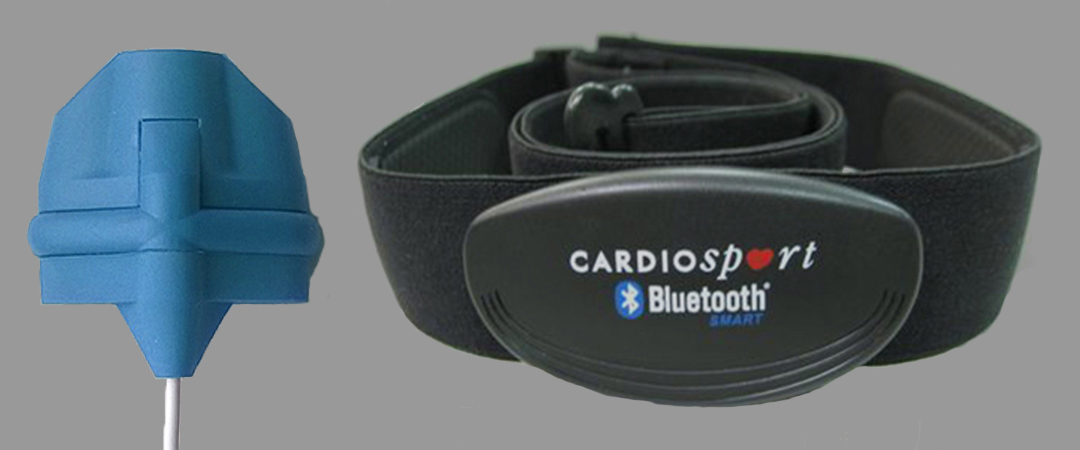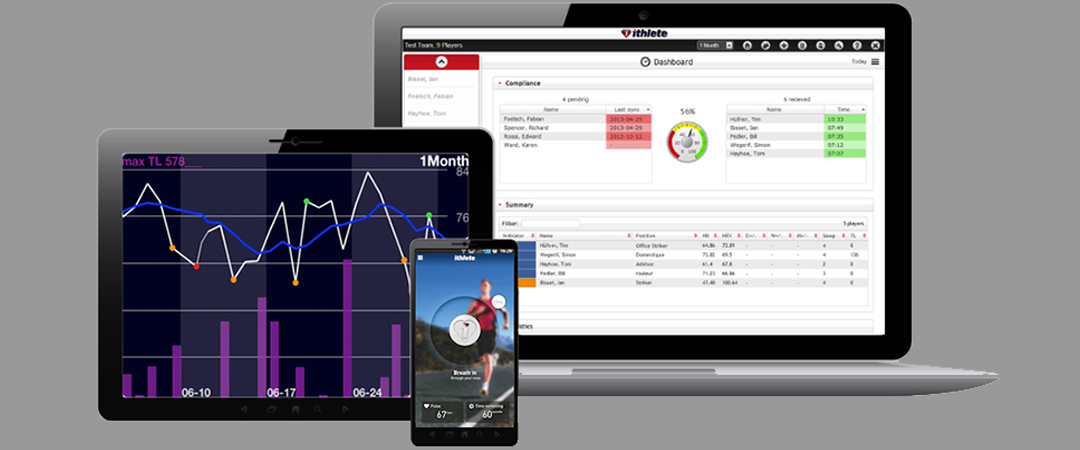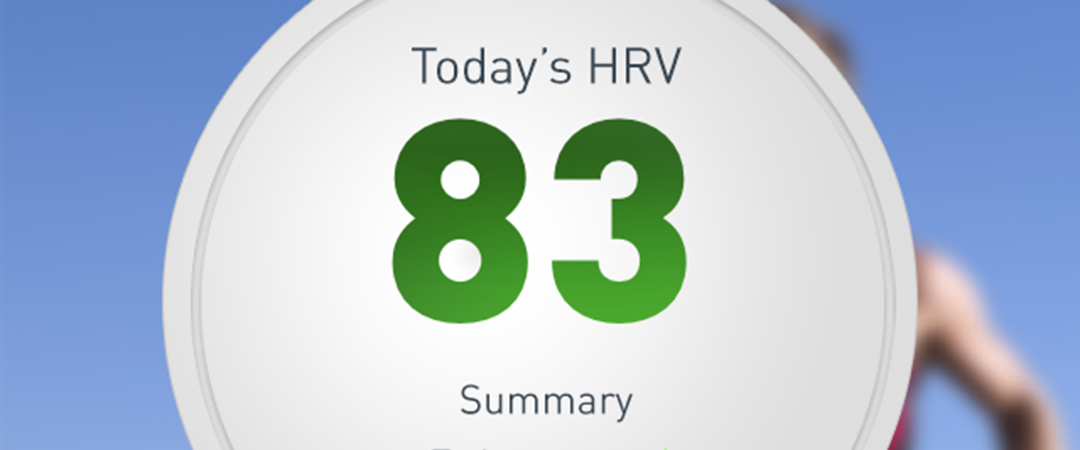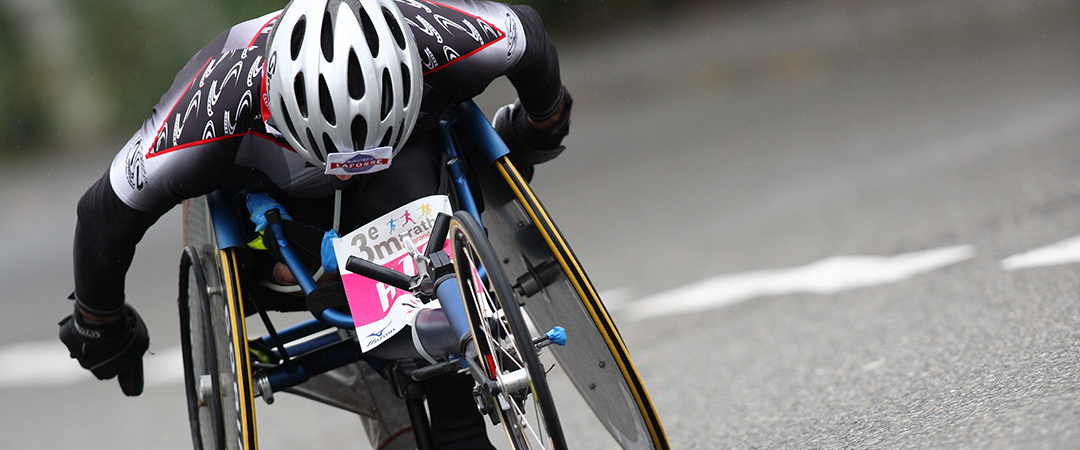The ithlete blog
Welcome to the ithlete blog, the central place to get the latest company news, read real user stories, get our take on heart rate variability news and research, get top tips on using ithlete and share your thoughts.
If you are looking for something in particular you can use the category sections, popular tags or the site search bar to jump right to what you need.
Featured post
No Results Found
The page you requested could not be found. Try refining your search, or use the navigation above to locate the post.

Alcohol, HRV and athletic recovery – what you ought to know
Government guidelines in the UK suggest no more than 14 units per week, equivalent to a standard glass of wine or a pint of lower strength (4%) beer every day for maintaining health. But do these suggestions also apply to athletes in training?
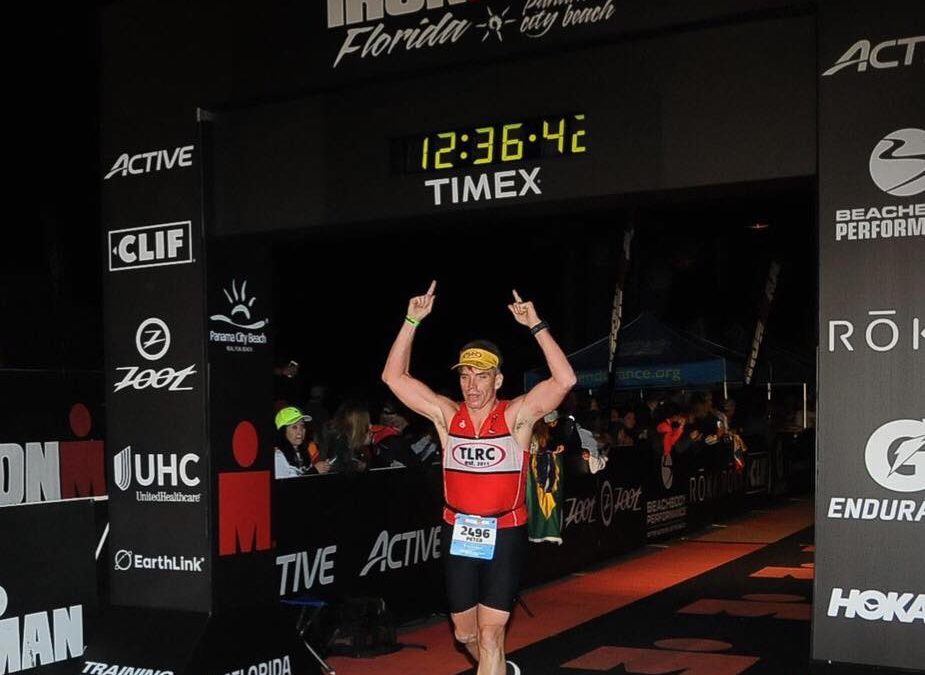
Ironman Training utilizing HIT as a primary training tool
A member of my training group just finished his first Ironman™ in 12:31 (1:18 swim, 5:51 bike and 4:59 on run) and his training was unique for an event this long. His program schedule may be of interest mainly because it was based on a much higher percentage of short session, high-intensity cardiovascular intervals combined with heavy strength training.
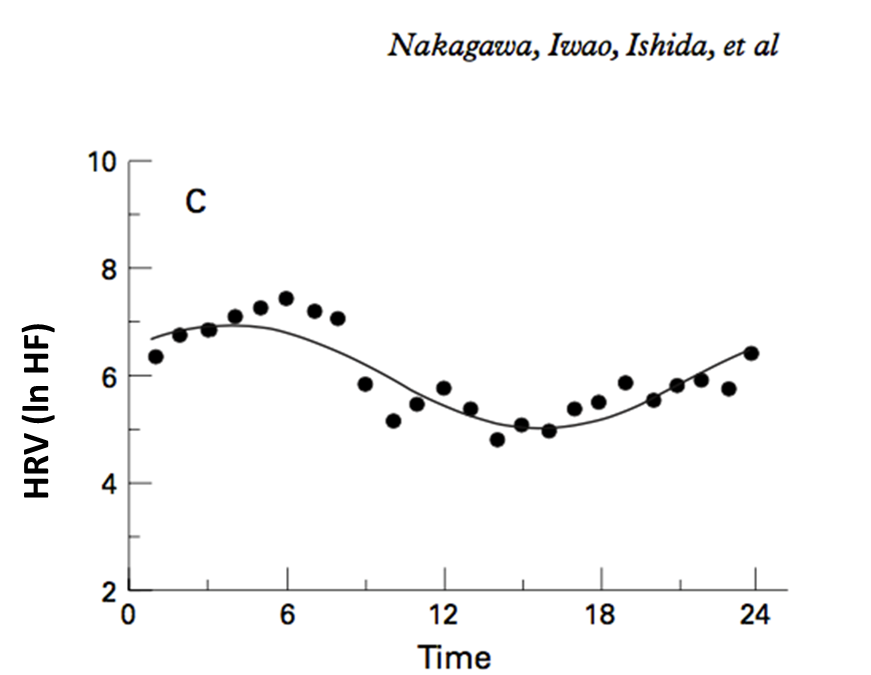
Why is it important to take ithlete HRV readings at the same time of day?
Try to find a consistent time of day when you can do your HRV reading uninterrupted and with a minimum of external influences, and you will be rewarded with more sensitive and accurate recommendations!

HIIT for recreational runners – does it work?
Is HIIT a better use of your precious training time than longer sessions of continuous running? An important question for runners is ‘am I more likely to get injured with one type or the other?’
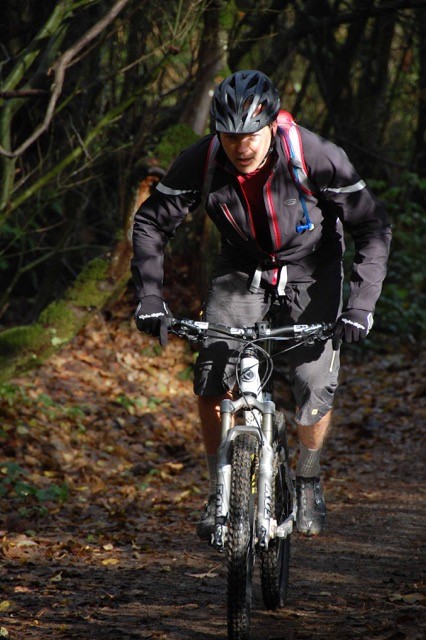
Training for recovery following cancer diagnosis
My journey to ithlete was in an effort to master this climb and be fresh for the descent that followed. To improve as I got older. To expand on the base I had built for my recovery. Recovery from treatment for cancer.
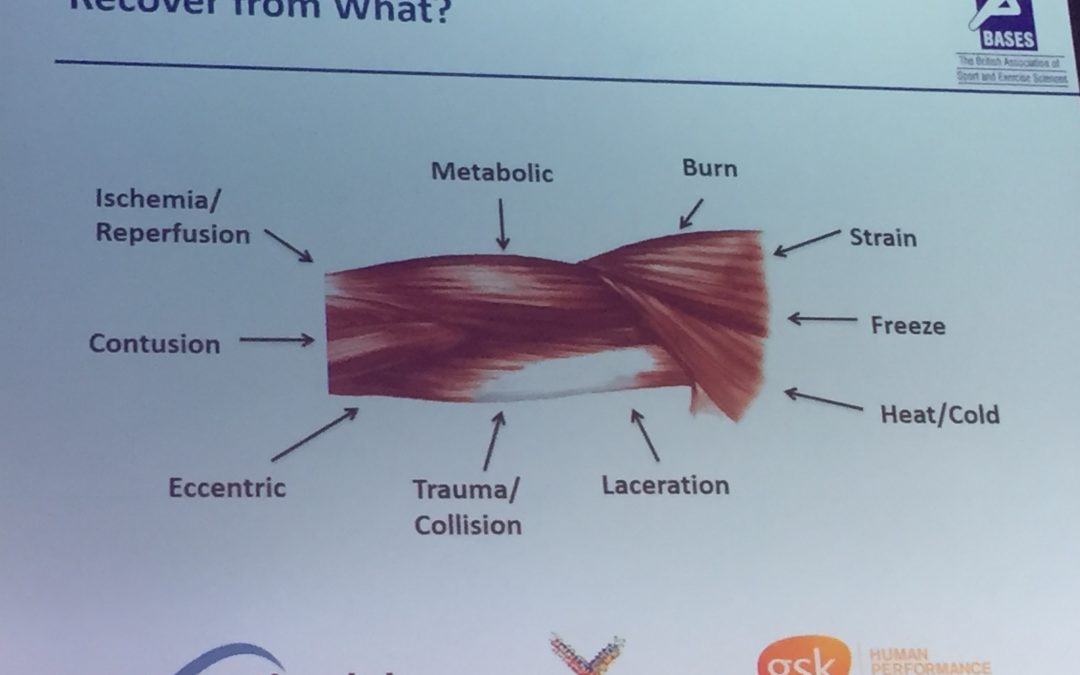
Short report from the BASES conference
The BASES conference is an annual get together of researchers, practitioners and sports scientists, principally from the UK. We attended partly to support Perform Better, our UK distribution & support partner for the ithlete Team system. The first session I was...

Training Blog: Andy Dolphin – November
The 1st October was the start of a progressive training plan to lead me up to a few events next year…
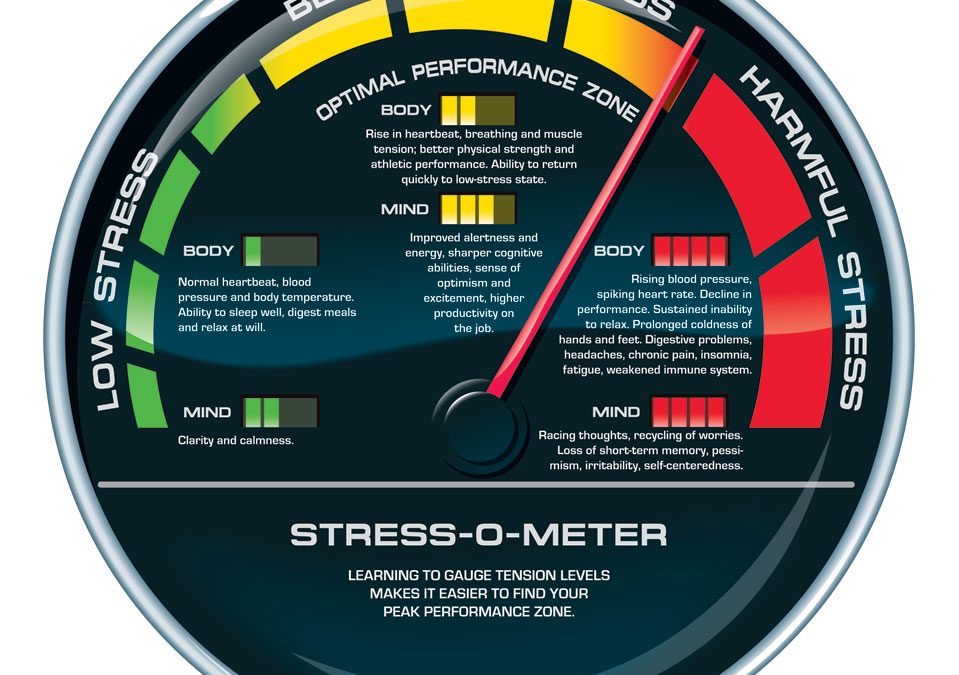
Adding Context to your HRV
By using the ithlete subjective sliders and adding comments as well as recording training loads you can add important context to your data.
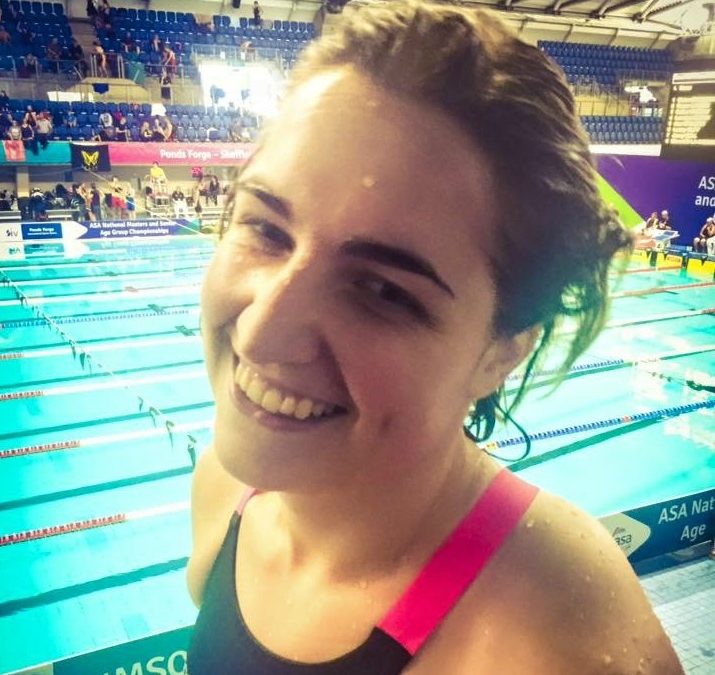
Why does it remain so difficult to recover? In conclusion
I questioned every rest day and every lighter session. I couldn’t believe that recovery would ever work, but six months down the line, my back and hamstring are cured and I am mentally more stable than I ever have been.

Why does it remain so difficult to recover? Loss of Stress Management and Loss of Identity
When I feel uncomfortable or low I turn to exercise to pick me up, this becomes a lot trickier when the reason I feel uncomfortable and low is because I cannot exercise…

Why does it remain so difficult to recover? Missing the Sport
Missing the sport. Having spent a long time addressing my inner turmoil over almost all other elements of the recovery process I surprised myself by bursting into tears one day watching the Olympics on TV. “I just really miss swimming,” was my explanation to concerned...

International Olympic Committee’s Recommendations for Total Load in Sport
Doing a good job of managing your total load will reduce the likelihood of illness and injury significantly. This post follows our recent summary of the International Olympic Committee (IOC)’s consensus statement on loading in sport and focuses specifically on their practical recommendations.

Why does it remain so difficult to recover? Lack of Acceptance
It took a couple of hours of coercion to get me to call a physiotherapist because ‘they’re going to tell me not to swim for the foreseeable future and I can’t cope with that… Does this sound familiar? Read how Georgina coped.

Total load in athletes: How much is too much? International Olympic Committee Review
A summary of the International Olympic Committee’s recent review of over 30 papers investigating the relationship between total load and illness/injury in athletes.

Why does it remain so difficult to recover? Loss of Routine and Structure
I had always felt like my routine was dictated by pool and gym hours. Strangely I had never set myself recovery hours. Never set aside any portion of the day for doing things to promote recovery; napping, meditating, visualisation etc. and subsequently recovery was being neglected. The irony then, of complaining of free time, when there were already more swimming related jobs for me to be doing than I was fitting into a day.
Want to know more about ithlete?
Follow these four easy steps to get started with ithlete today!
Choose a heart rate sensor
To measure heart rate variability (HRV) with ithlete you’ll need a heart rate sensor. You have the option to use an ithlete finger sensor or chest strap monitor. If you have a recent iPhone, iPad or Android device you may like to use our Bluetooth Smart chest strap monitor, or alternatively grab a Polar type analogue strap (we also offer one of these) and an ithlete ECG receiver to pick up the signal. Visit the ithlete store to find your preferred sensor.
Download the ithlete app
ithlete is available on both iOS and Android devices and can be downloaded from the App Store or Google Play. If you do want to check your model of smartphone or tablet is compatible check our FAQ page.
One minute daily measurement
After waking each morning relax and sit comfortably, slip on a chest strap or finger sensor and follow the on screen instructions to get an accurate reading of your heart rate variability. Taking the measurement couldn’t be simpler and in 60 seconds you will have a personalised training recommendation for the day.
Reap the benefits of training with ithlete
The idea is quite simple. Training is all about stress and recovery. A hard session, lack of sleep, mental stress etc. will lower your number. If your reading drops significantly, take this as an early warning that you are overloading the system. On the other hand a high score lets you know you should make the most out of the day. Benefits of this include avoiding overtraining, workout optimisation, guilt free rest days, improved performance and much more!

